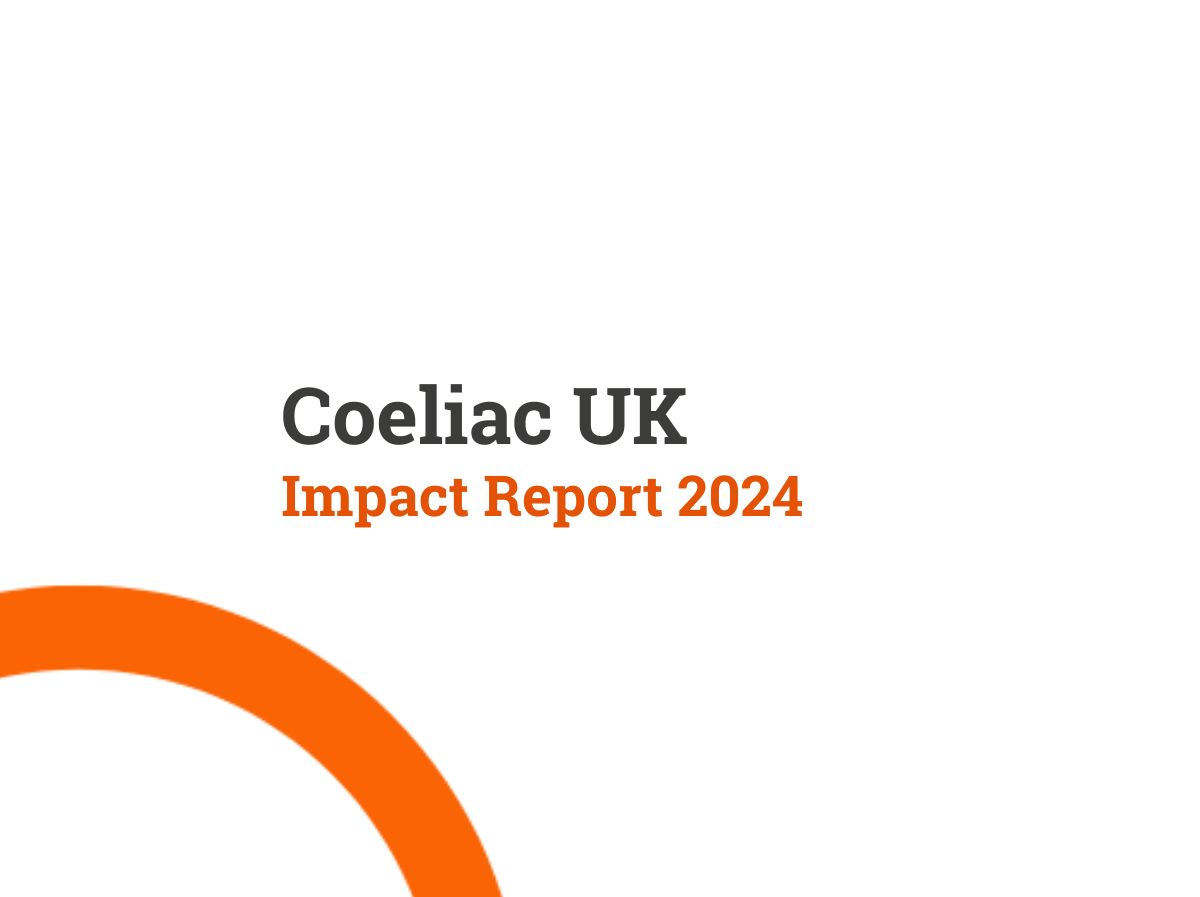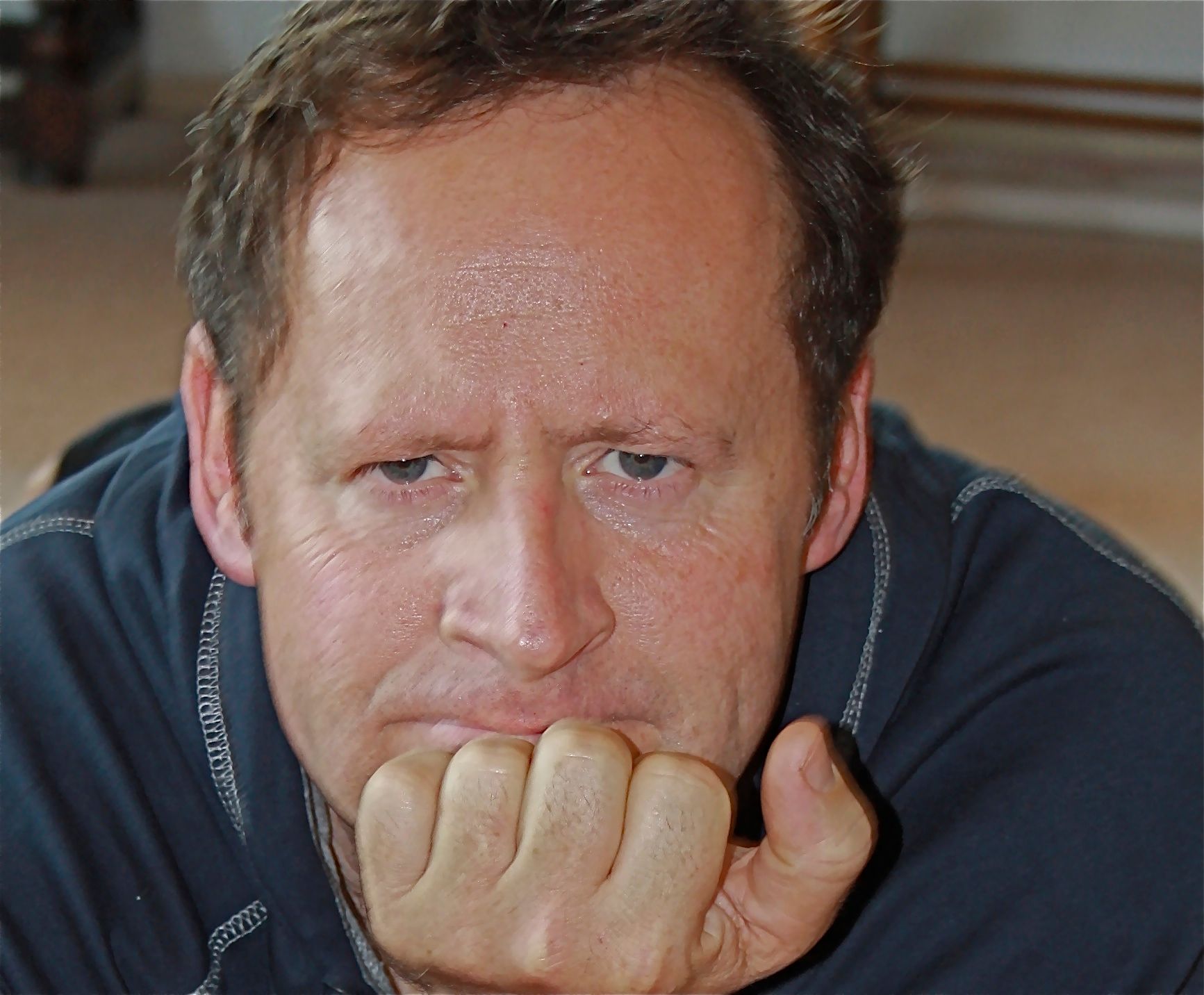Rebecca Adlington For Coeliac Awareness Month: “I wish I had asked my doctors to test me sooner”
"As I have had multiple pregnancies, I put a lot of symptoms down to hormonal changes. I ... constantly felt run down or ill. The tiredness affected both my personal and professional life as I didn’t feel as productive or have enough energy like other people." - Rebecca Adlington

Today marks the beginning of Coeliac Awareness Month. As part of this year’s campaign, “Is it coeliac disease?” Coeliac UK spoke to Rebecca Adlington, the double Olympic champion and four-time Games medal-winning distance ace fro Great Britain, who was diagnosed with coeliac disease in 2024 after experiencing years of unexplained symptoms.
Rebecca opens up about the emotional and physical toll of her symptoms and the life-changing impact of finally receiving a diagnosis:
“I wish I had asked my doctors to test me sooner. The tiredness, stomach pain and repeated mouth ulcers made daily life a struggle. Getting diagnosed has been life-changing — I feel significantly better now.”
With only 36% of those with coeliac disease currently diagnosed in the UK, Coeliac UK is urging people to ask, “Is it coeliac disease?” and take the charity’s free online self-assessment.
The following is from Coeliac UK
What is Coeliac Disease?
Coeliac disease is a serious autoimmune condition affecting 1 in 100 people in the UK3,4. When someone with coeliac disease eats gluten – a protein found in wheat, barley, and rye – their body attacks its own tissues, causing damage to the gut and leading to serious health complications if left untreated. The only treatment is a lifelong, strict, gluten free diet.
Symptoms of coeliac disease can be recurrent, persistent or unexplained. They may include but are not limited to, fatigue, stomach pain, nausea, anaemia, and neurological issues.
In 2024, Rebecca Adlington was diagnosed with coeliac disease having experienced a variety of debilitating symptoms without understanding the cause.
Rebecca said:
“As I have had multiple pregnancies, I put a lot of symptoms down to hormonal changes. I suffered with stomach pain, fatigue, mouth ulcers, bloating, and constantly felt run down or ill. The tiredness affected both my personal and professional life as I didn’t feel as productive or have enough energy like other people. Meanwhile, the mouth ulcers affected my diet as I struggled to eat sometimes as they were so painful and so many. The stomach pain was persistent. I also experienced two miscarriages and whilst my doctor couldn’t pinpoint the cause, this and my stomach pain ultimately led to me being tested for coeliac disease and subsequently diagnosed.”
Rebecca was diagnosed in early October 2024, aged 35 which she describes as ‘life changing’.
She said: “My diet has changed the most as I have needed to cut out all gluten. To achieve a balanced diet, I eat things that naturally don't have gluten, like rice and potatoes but also need to rely on gluten free substitutes for items such as bread and flour, but these are so much more expensive. Shopping takes longer as you have to examine every label and ingredient to make sure it doesn’t contain gluten.”
Now Rebecca has an answer to her symptoms and is following a strict gluten free diet, she has seen vast improvements in her health and wellbeing.
She said: “Since removing gluten, I feel significantly better. My mood, my energy - everything is better. I am not in pain anymore. I am able to exercise more as I feel better. I had lots of people recommend Coeliac UK to me when I announced my diagnosis on social media. I found their support and information so helpful when adjusting to living on a strict gluten free diet.
“If you are experiencing ongoing symptoms or issues like I had, just ask the doctor for a test. I never even thought I might have coeliac disease, but I wish I had asked my doctors to test me sooner.”
Hilary Croft, Coeliac UK CEO, noted:
“For those battling with unexplained symptoms, a coeliac disease diagnosis can be life changing. Our campaign aims to increase awareness of coeliac disease and we aim to reach the estimated half a million people living with the symptoms of undiagnosed coeliac disease to help guide them on the road to recovery. At Coeliac UK, we’re here to help with advice and information for anyone who suspects they might have coeliac disease as well as those looking for ongoing support.
The Coeliac Awareness Month campaign looks at raising awareness of coeliac disease by sharing real stories and empowering those affected by it to recognise symptoms, complete its online self-assessment, and take the first step on the road to recovery. However, it’s important not to remove gluten from the diet until tested, as this risks a potential false negative result.

References and resources:
Yvonne Nartey, Colin Crooks, Timothy Card, Joe West, Laila Tata. Incidence and Prevalence of coeliac disease across the United Kingdon; University of Nottingham December 2021 (Coeliac UK internal report, as yet unpublished)
NICE guidelines: https://www.nice.org.uk/guidance/ng20
West et al. (2003) Seroprevalence, correlates and characteristics of undetected coeliac disease in England Gut 52; 960-65
Bingley P J et al. (2004) Undiagnosed coeliac disease at age seven; population based prospective birth cohort. BMJ 325; 322-23, calculation by Coeliac UK, using ONS population estimates for year 2021
About Coeliac UK:
Coeliac UK fight relentlessly for people who live with coeliac disease, even those that don’t know they have it. They challenge the effect of inequalities so that everyone has the opportunity to be diagnosed earlier and treated, regardless of who you are or where you live. When you know it’s coeliac disease they are by your side to provide the support you need. This includes making sure that good, gluten free food is accessible for everyone who needs it. A cure for coeliac disease remains in their sights, and they’re working hard to make it possible by initiating research and until then, improve lives.
Coeliac UK is a charity registered in England & Wales (1048167) & in Scotland (SC039804) & a company limited by guarantee in England & Wales (3068044). Logos are Trade Marks of Coeliac UK © 1974, 1980. All rights of translation and reproduction reserved.





